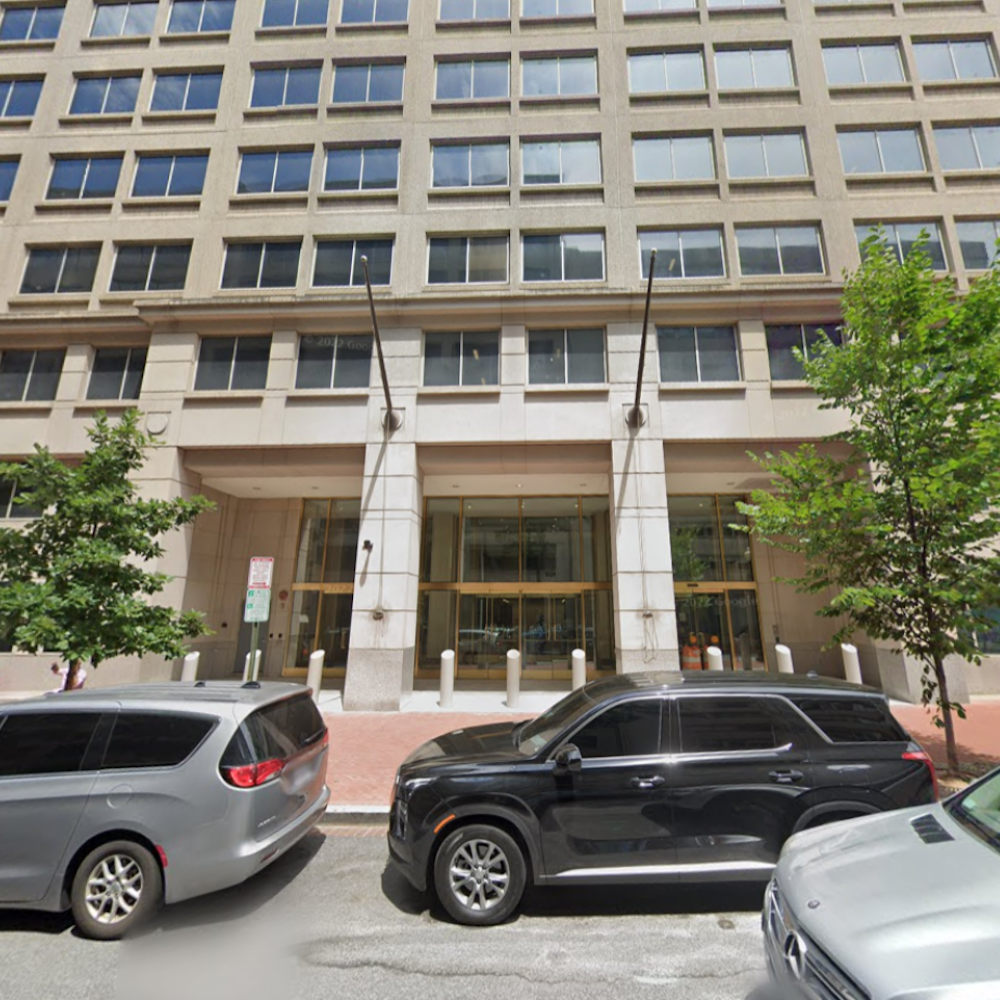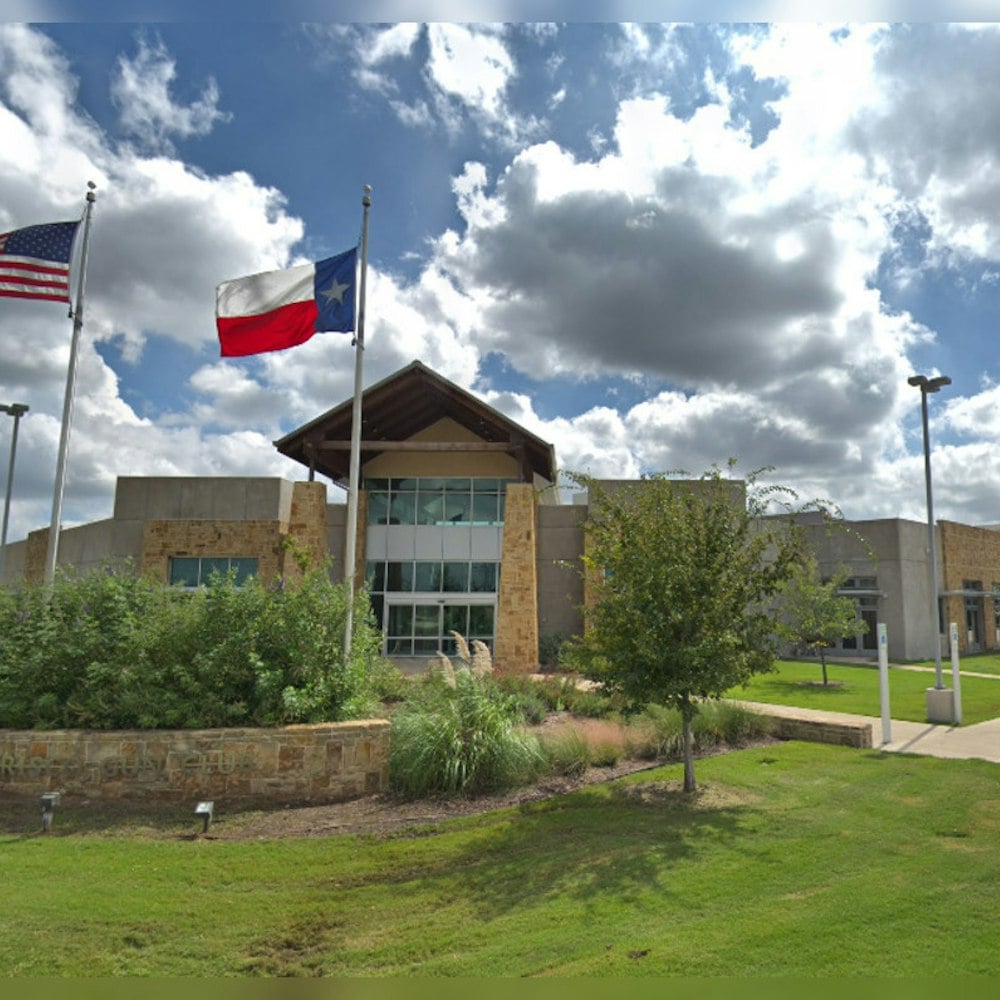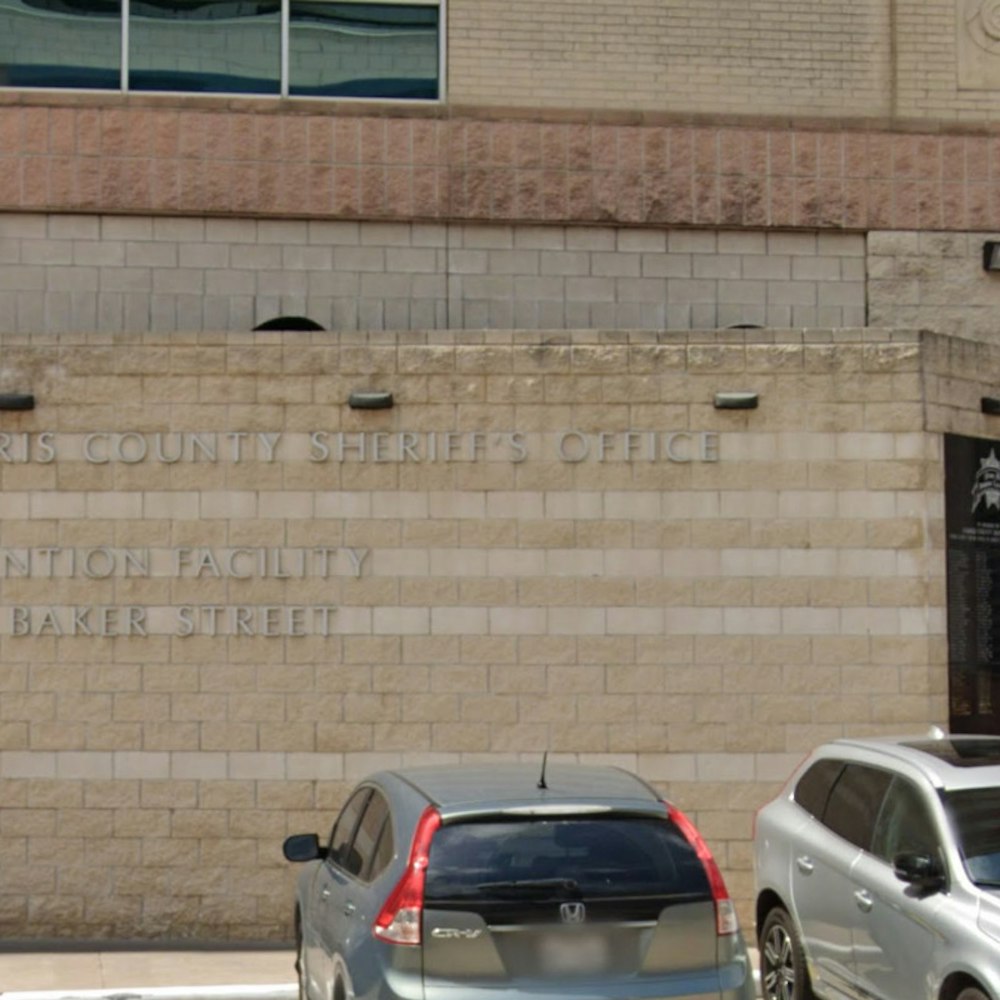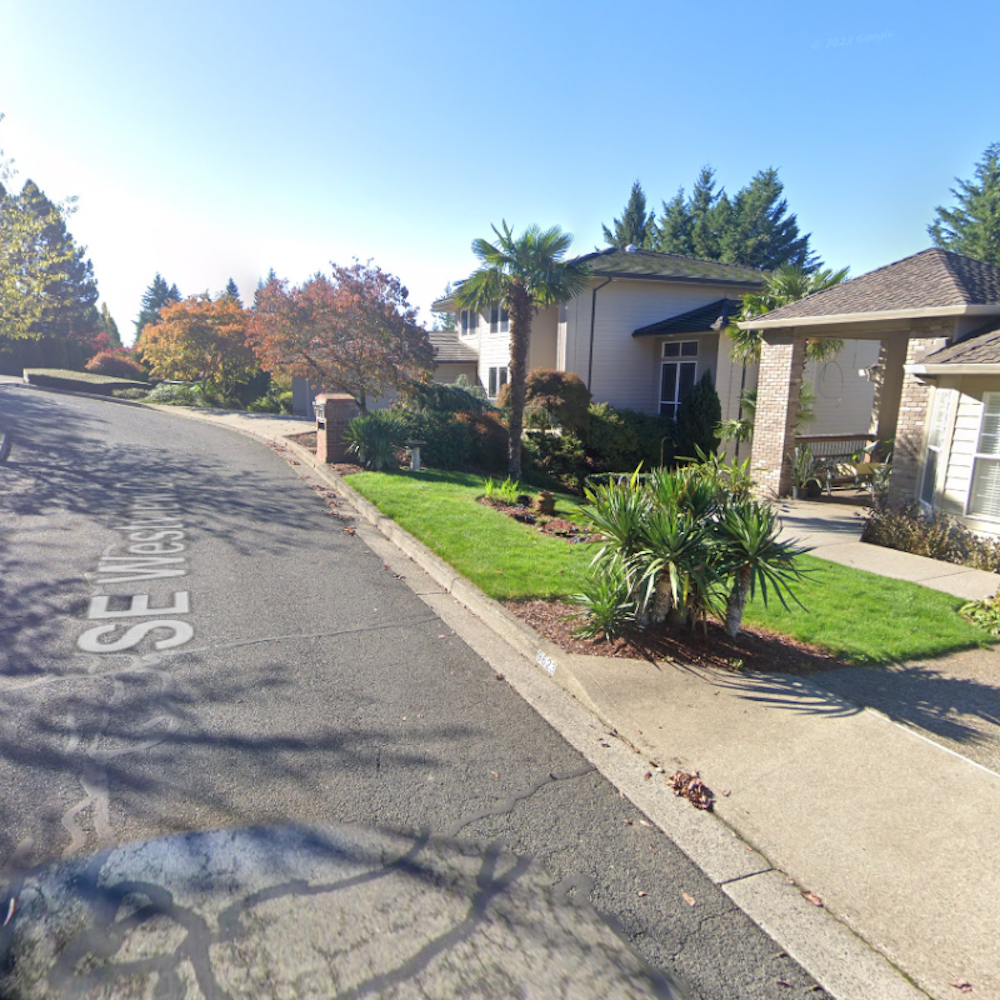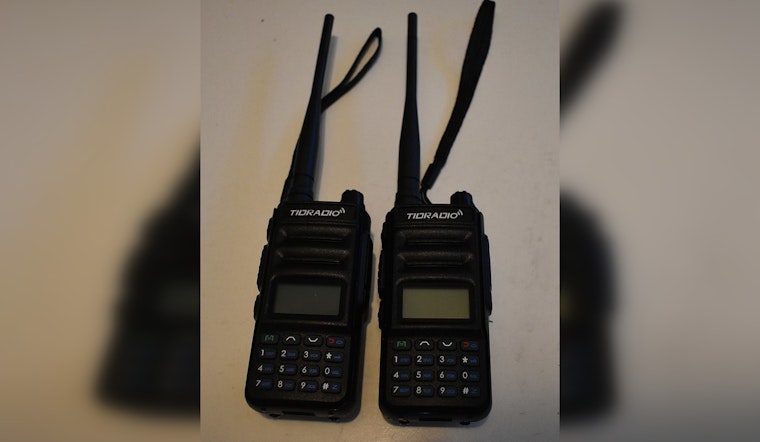
Starting on April 22, Austin's police, fire, and EMS will shift to a fully encrypted radio system, effectively cutting off the public from listening in on their communications. This move will impact how citizens currently use scanners to hear immediate police responses and dispatches. According to a city press release in a report by the Austin American-Statesman, the decision is based on the need to protect sensitive information and prevent criminals from gaining advanced knowledge of police movements.
As part of a broader effort to safeguard operations, the Austin Police Department, alongside Austin-Travis County EMS and the Austin Fire Department, is set to adopt the Advanced Encryption Standard (AES). The city believes that encryption is critical to not only protect personal and confidential interactions with law enforcement but to also securely conduct tactical and operational activities. The move follows a trend seen in other major cities and is part of what officials describe as a "best practice," broadcasted by KXAN.
After 2020's social justice protests, the Austin Police Department noted that encrypted communication channels would have been beneficial as protestors were broadcasting police movements, thus adapting their tactics accordingly. Although initially operating on just a few encrypted channels, a full transition recommendation was highlighted in the department's response to the events. Bruce Mills, Interim Assistant City Manager, expressed in an interview with the Austin American-Statesman that while the switch has been in planning for a long while, coordinating it across multiple agencies was a complex endeavor.
Despite increasing security measures, concerns have been raised about the implications for local government transparency. Michael Schneider, Vice President for Legislative and Regulatory Affairs for the Texas Association of Broadcasters, emphasized in his statement to the Austin American-Statesman the importance of balance. He pointed out that encrypting radios can make local governments appear less transparent, which might "decrease public trust in local municipalities." He did also note, however, that some governments have managed to strike a balance by providing scanners to newsrooms, allowing a layer of third-party oversight into public safety activities.
While the public will no longer have direct access to listen to real-time radio traffic, the city has indicated that agencies plan to continue using social media, web updates, press releases, and on-scene briefings to keep the public informed. Responses to crimes and other incidents will continue to be communicated, albeit through different channels than before. Mills stated in the press release, "Encrypting radio communication means we can do a better job of keeping our community members and emergency responders safe during an ongoing security threat."
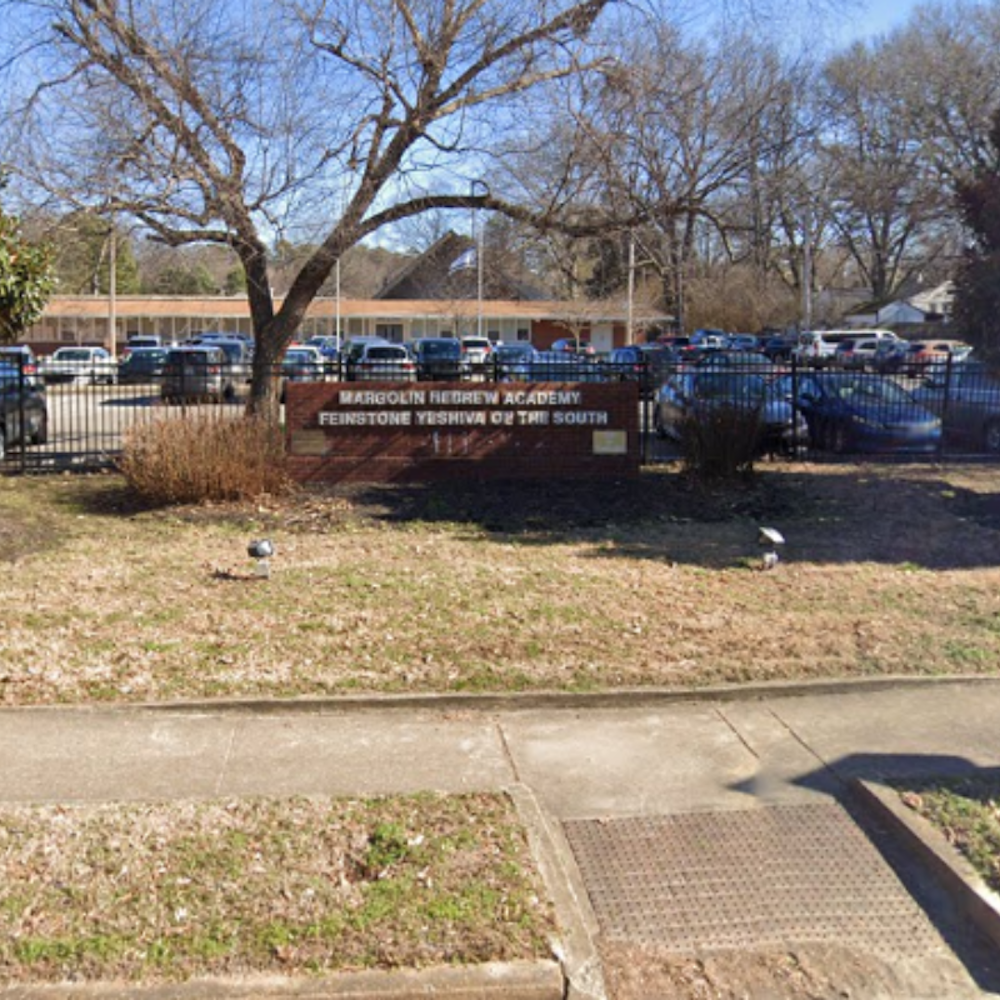
-1.webp?w=1000&h=1000&fit=crop&crop:edges)
